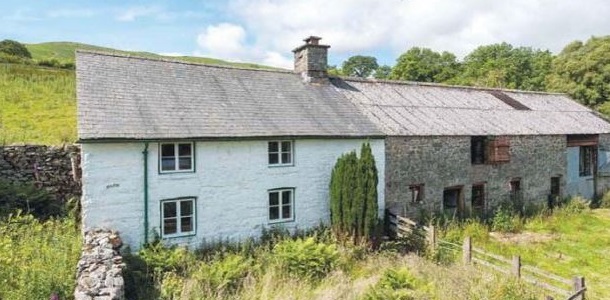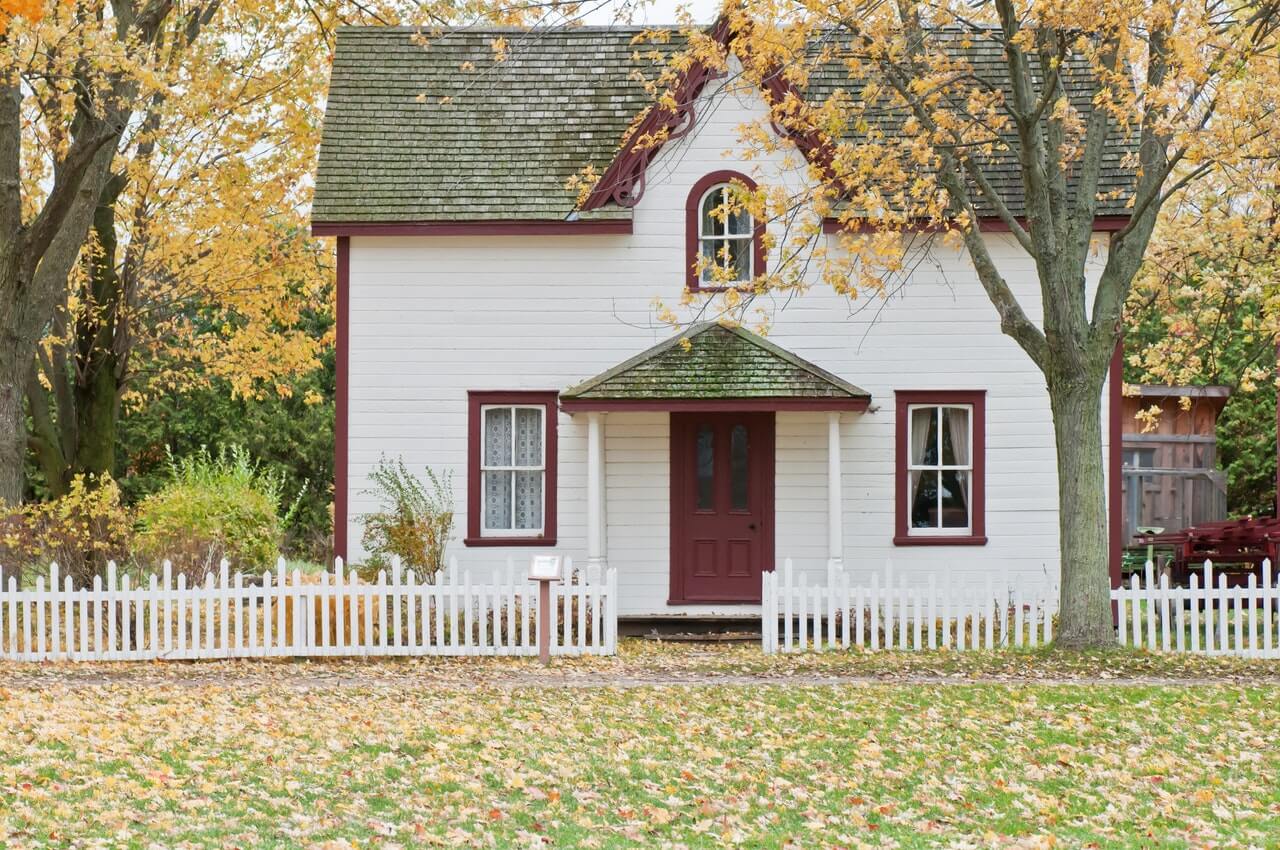
Whether you are a buy to let landlord, potential homeowner or a property developer, buying a property at auction has its benefits. Many individuals choose to buy property at auction rather than traditional methods because there is often a good deal to be had.
Many properties at auction will go for less than their market value, making it easy to pick up a real bargain. Also, when buying at auction, the purchase is quick and can’t fall through like with lengthy chains on more traditional house transactions. You could have the keys to your new property in no time at all, as long as you have your finances in order to complete the sale after the auction.
A bridging loan is often one of the best finance options when you are buying a home at auction, as they can be arranged very quickly. The process for using bridging finance to buy property at auction is very different to a traditional property purchase, and it is vital you properly understand how it works before you decide to go ahead.
Choosing a property at auction
At most auctions in the UK, there will be several properties being sold on the day in one location, which is very different to other countries such as Australia, where property auctions take place at the property’s location. The properties are put on auction by the current owners, or on their behalf by an estate agent, and the auctioneer will receive a commission on the sale of each property.
Every auction should provide a catalogue that includes all the information about the properties up for sale, so you can take a proper look beforehand and make an informed decision about which property you want to buy.
If there is one property that you are particularly interested in, then it is a good idea to go and view the property before the auction takes place. In most cases there is about four weeks between the auction catalogue being published and the auction itself, so you will need to be quick to arrange a viewing in person.
When you are going to view a potential property, when possible try to take a surveyor or a builder with you to get an idea of the real value of the property and its potential to be developed in the future. Often a builder will be able to identify any structural issues that may not be obvious.
Arrange your finances

It is important to think about exactly how much you can afford as well as the potential value of the new property when you are considering a bridging loan. When you buy a property at auction, you will need to make a 10% deposit on the day if you win the bid, and you will then be given 28 days to pay the remaining 90%.
Arranging a mortgage in just 28 days is a near impossible task, which is why a bridging loan is often the best solution in this situation. Bridging finance can be arranged very quickly, often in just a matter of days; however, you will likely need to more than just the 10% deposit. Most bridging loans will lend you 70-75% of the purchase price or Open Market Value, so you will need to pay a 25-30% deposit from savings.
It is best to get an offer in principle for your bridging loan before you head to the auction, then if you win the bid at auction, you just have to arrange the final details. To get an offer in principle for bridging finance you will often need to know how much you want to borrow, the location of the property, and how you intend to pay back the loan.
To fully understand the cost use our bridging loan repayment calculator to get an idea of the interest charges and monthly repayment amounts.
Here you can also contact a broker to get a personal quote.

Most bridging loans will last for 6 to 12 months, and then you will need to pay back the full amount borrowed, usually by either selling the property or arranging a long-term financial solution such as a mortgage. If you are planning on developing the property and then selling it on, it can be worth borrowing more on your bridging finance than you need to buy the property, so you also have some funds available for the building and development costs.
Think carefully about how long the development work will take, and then how long it will take to sell the property afterwards, to make sure you will have the funds to pay back your bridging loan in time.
Bridging loans can end up being very expensive as interest rates are often quite high, and they come with many other additional fees and charges. Before choosing a bridging loan lender, work exactly what the finance will cost you in total to decide if it is worthwhile.



